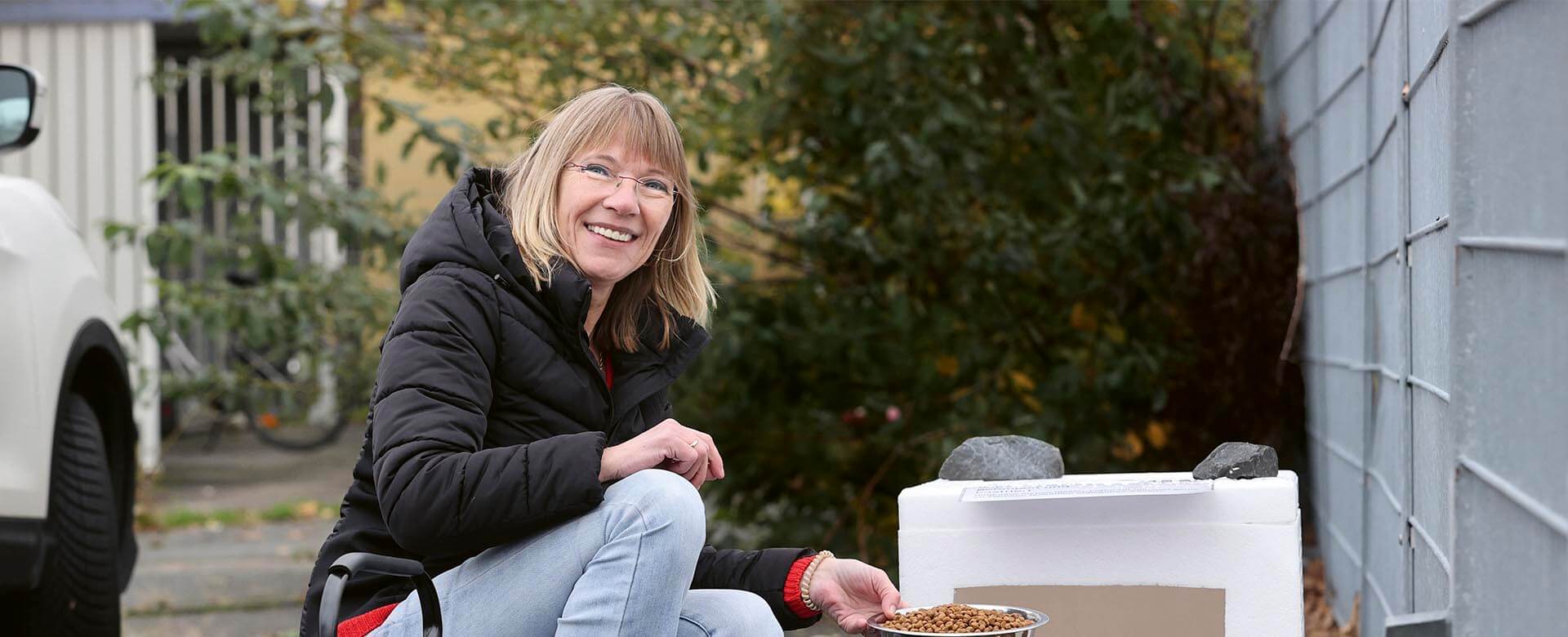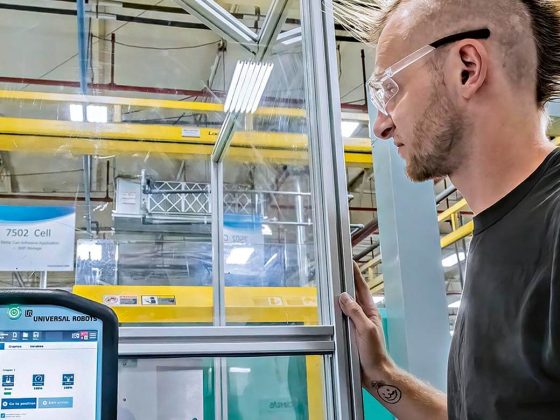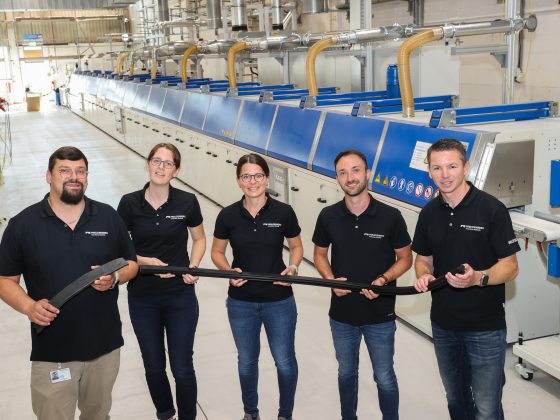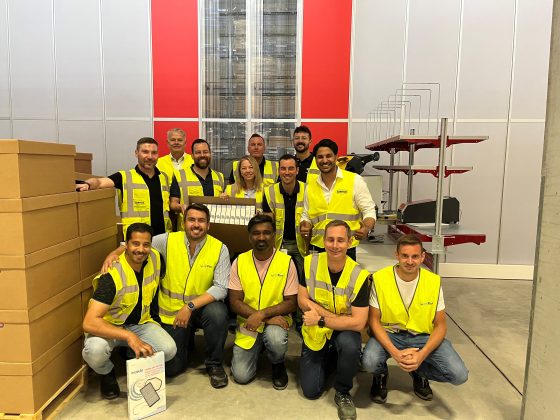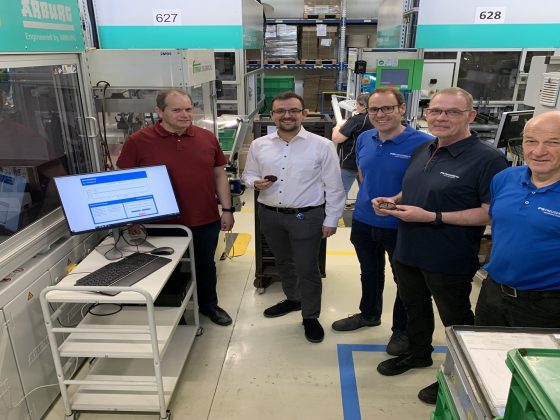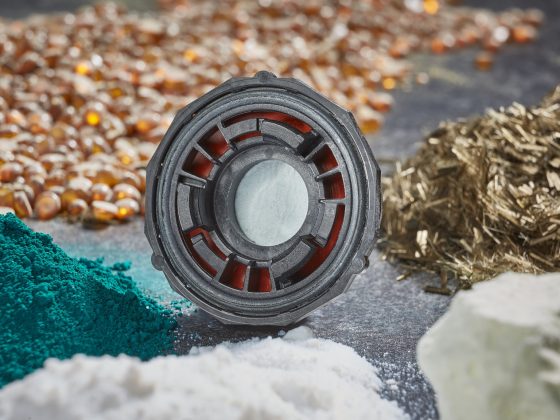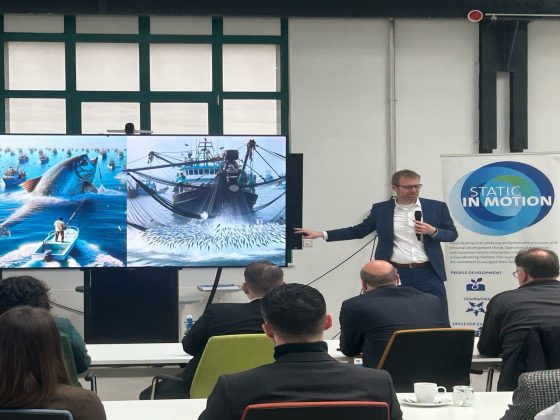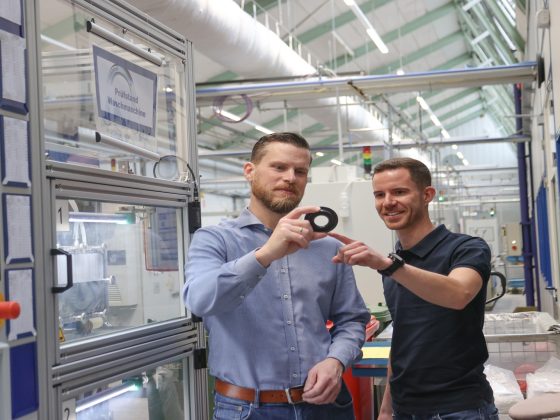Ivonne Heubach cares for stray cats as a volunteer at the Weinheim Industrial Park, feeding them and making sure that they are neutered.
They are shy and timid, usually only venturing out at night. They are seldom seen in daylight. Many of them are malnourished, and sometimes suffer from infections and parasites. The subject is stray cats, specifically feral house cats and not those that live naturally in the wild. These animals live on the streets, without shelter. They are generally unable to care for themselves on their own, without human help.
The strays that “reside” furtively on Freudenberg property at the Weinheim Industrial Park belong to this category. Ivonne Heubach, an employee at the Weinheim Mixing Facility and member of Freudenberg Sealing Technologies’ Works Council, has assumed responsibility for the cats’ fate. She works as a volunteer at the Weinheim Animal Protection Association, caring for the city’s strays.
She has dedicated herself to the welfare of these animals ever since she learned about the strays on Freudenberg grounds several years ago. Coordinating with plant security, she has positioned three Styrofoam containers to serve as their domiciles. Every other day after the close of business, she provides them with generous portions of wet and dry food and clean water. She is permitted to drive onto the factory grounds for this purpose.

Neutering, Marking, Registering
There is another practical aspect to animal protection. The cats are usually in a pitiful state. To limit the population of the animals – that is, to prevent overbreeding – it is important to neuter cats of both genders. At that point, a number is tattooed in their ears, and they are marked with a notch, and registered. For reasons related to animal welfare, Heubach urges all cat owners to “have their cats neutered to prevent unnecessary animal suffering,” whether they roam freely or are kept in their homes. This is mandatory in some countries, regions and communities, but not in Weinheim.
What sounds simple turns out to be an exercise in patience. It can take several days and a great deal of effort to catch the strays. Heubach sets up live traps – small cages with a flap – near their feeding sites. They are set with scrumptious foods to attract and capture the animals without harming them. Heubach then has to keep an eye on the traps. No animal should be left in a trap for too long. It should be delivered as quickly as possible to a veterinarian for neutering and medical care.
Heubach even has a night vision scope for viewing the animals, and she can mount a game camera inside the feeding site to capture her “dinner guests” on video. Notches in a cat’s ear unerringly communicate whether it has been neutered.
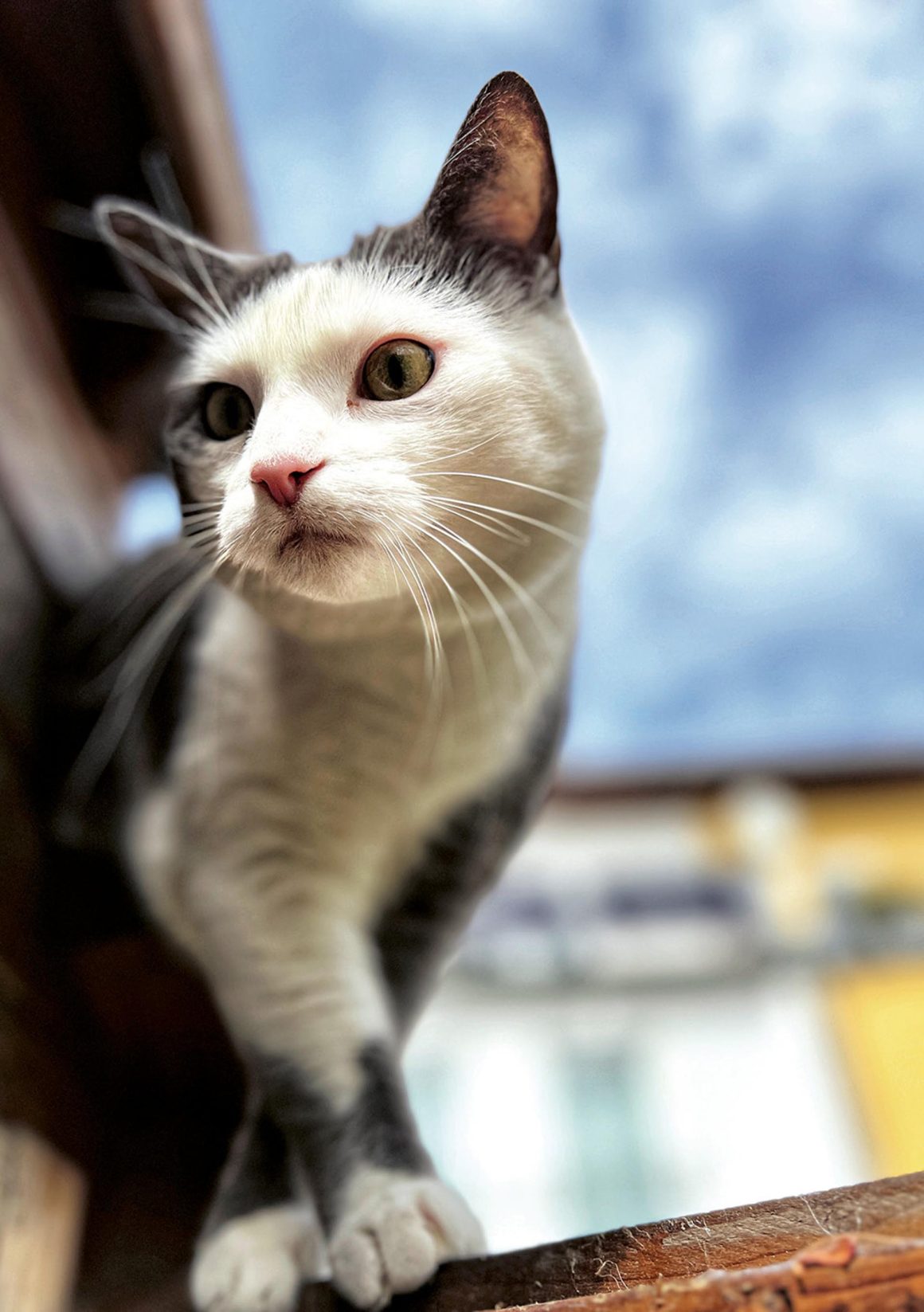
In general, the neutered, chipped and registered animals are returned to the spot they were found as quickly as possible, the males often on the same day, the females generally after several days of recovery in the shelter. Heubach has now helped 30 adult “Freudenberg cats” in this way.
Very few strays are able to adjust to life as a house cat, especially the very young. When it works out, Heubach is naturally pleased. That was the case with the affectionate Frieda, who lost a leg during an emergency operation and ended up in an owner’s loving care. About a dozen kittens have been adopted through the Weinheim shelter.

The Weinheim Animal Home covers the costs of feeding stray cats that Ivonne Heubach cares for on Freudenberg property. It also covers the expense of medical care, including neutering, vaccinations and treatments. Donations to the Weinheim Animal Home are welcome at IBAN DE80 6705 0505 0063 0356 61 (Sparkasse Rhein-Neckar Nord), intended use “Streunerkatzen” (stray cats). If you are an animal lover – or would like to become one – you can find more information on memberships and sponsorships on the Internet at tierheim-weinheim.de and streunerkatzen-weinheim.de. Animal lovers keep their followers up-to-date on Facebook and Instagram as well.
